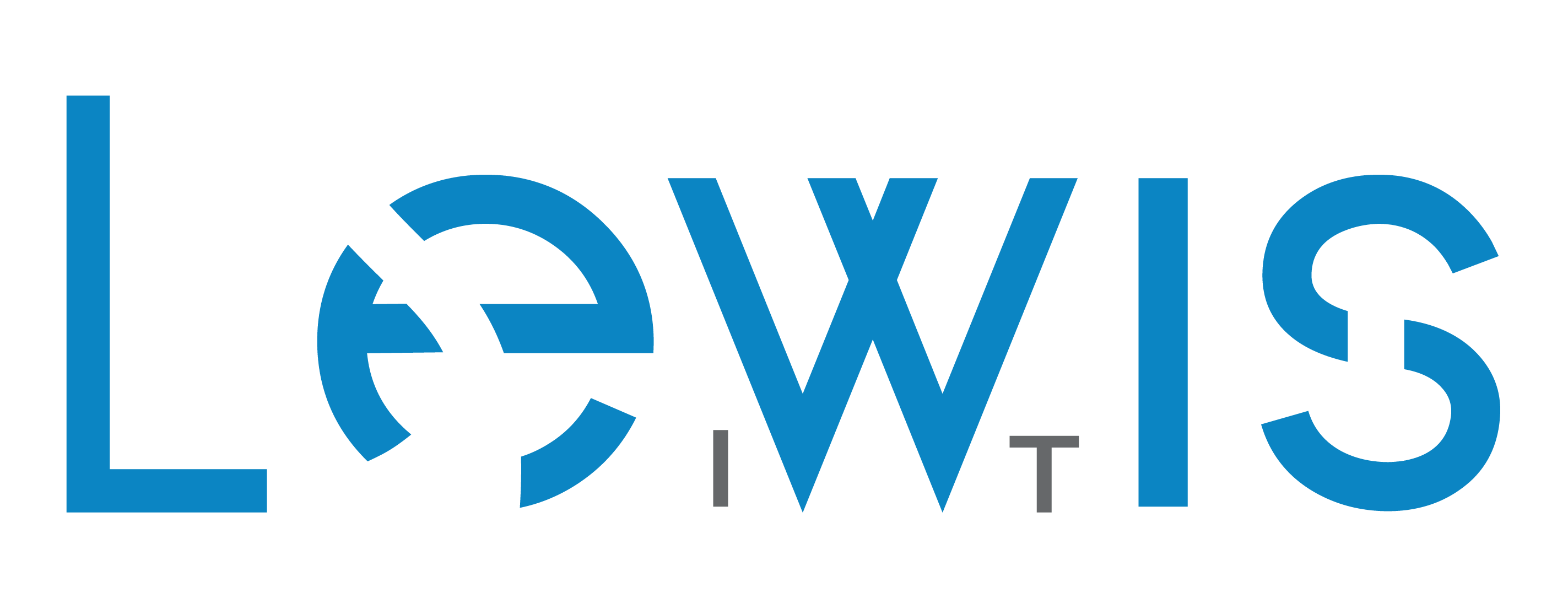AI and Cybersecurity: How Lewis IT Helps Businesses Harness Artificial Intelligence Securely

The Rise of AI
AI is no longer the exclusive domain of tech giants or research labs. Thanks to the rise of cloud-based AI platforms and machine learning APIs, it’s now accessible — and essential — for small and mid-sized businesses (SMBs).
Modern AI is already embedded into everyday tools and workflows, including:
- Email and meeting scheduling
- Customer service automation
- Sales forecasting
- Document generation and summarization
- Invoice processing
- Data analytics
- Cybersecurity threat detection
These AI solutions help employees work faster, reduce errors, and make more data-driven decisions. But as Lewis IT cautions clients, increased automation must be paired with stronger security measures to prevent AI-related vulnerabilities.
AI Adoption Risks
While AI can streamline operations, it also expands your cyber attack surface. Each new tool or integration introduces new risks — particularly when implemented without proper oversight.
Lewis IT helps businesses understand these common pitfalls and how to avoid them.
Data Leakage
AI systems need data to function — and sometimes that data includes sensitive customer details, proprietary assets, or financial information. If data is shared with third-party AI models, you must understand how and where it’s stored, processed, or reused.
Some AI vendors may retain information for model training or analytics, which could inadvertently leak sensitive data. Lewis IT ensures clients establish clear data-sharing rules and vendor contracts before deploying any AI tool.
Shadow AI
Many employees now use unapproved AI tools such as online chatbots or generative writing assistants to get work done. While often well-intentioned, this “shadow AI” introduces compliance and security risks.
Lewis IT helps organizations identify unsanctioned AI use and implement secure, enterprise-approved alternatives.
Overreliance and Automation Bias
AI is powerful — but it’s not perfect. Some users assume AI-generated content is always correct. Relying on unverified AI output can lead to bad business decisions or even compliance violations.
Lewis IT educates teams to maintain human oversight and critical review, ensuring AI enhances accuracy instead of compromising it.
Secure AI and Productivity
The path to secure, responsible AI adoption isn’t complicated — it’s about creating structure, visibility, and accountability. Lewis IT guides businesses through each step.
Establish an AI Usage Policy
Before installing or deploying any AI platform, it’s crucial to set boundaries and expectations.
Lewis IT helps organizations define:
- Approved AI tools and vendors
- Acceptable and prohibited data types
- Data retention and deletion practices
- Employee guidelines and security awareness
This ensures all users understand the proper and secure use of AI, protecting your organization from accidental data exposure.
Choose Enterprise-Grade AI Platforms
Not all AI platforms are built with security in mind. Lewis IT helps clients vet vendors that meet strict compliance and data protection standards, including:
- GDPR, HIPAA, and SOC 2 compliance
- Data residency and sovereignty controls
- Clear policies that prevent using customer data for AI model training
- End-to-end encryption for data at rest and in transit
Segment Sensitive Data Access
By implementing role-based access control (RBAC), businesses can limit AI’s reach to only what’s necessary.
Lewis IT’s access-management frameworks prevent unauthorized exposure of confidential data while allowing employees to safely leverage AI in their daily workflows.
Monitor AI Usage
Visibility is key to managing AI responsibly. Lewis IT helps organizations deploy monitoring tools that track:
- Which users access specific AI systems
- What data is processed or shared
- Unusual or risky usage patterns that may indicate compromise
These insights allow companies to take corrective action before a small issue becomes a serious security incident.
AI for Cybersecurity
Ironically, the same AI that introduces new risks can also help defend against them.
Leading cybersecurity platforms such as SentinelOne, Microsoft Defender for Endpoint, and CrowdStrike integrate AI to provide:
- Real-time threat detection and response
- Phishing prevention
- Automated remediation of endpoint attacks
- Behavioral analytics for proactive defense
Lewis IT specializes in deploying and managing these AI-driven defenses to strengthen your organization’s cybersecurity posture.
Train Employees About Responsible Use
Even with cutting-edge tools, the human element remains the weakest link in cybersecurity.
Lewis IT’s security awareness programs educate staff on:
- The risks of sharing sensitive data with AI tools
- Recognizing AI-generated phishing or misinformation
- Validating AI-produced content before use
With proper training, employees become your first line of defense — not your biggest vulnerability.
AI With Guardrails
AI can revolutionize productivity, but productivity without protection is a risk your business can’t afford.
Lewis IT helps organizations adopt AI responsibly — combining cutting-edge automation with airtight security and compliance.
If you’re ready to unlock AI’s potential while protecting your data and reputation, contact Lewis IT today for expert guidance, toolkits, and managed cybersecurity solutions designed for the AI-driven era.
Article used with permission from The Technology Press.

